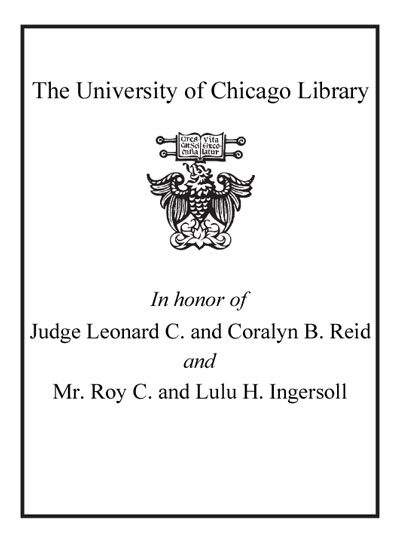Review by Choice Review
Cohen, a French professor of economics, begins this book with the stated premise that the entire history of the 20th century can be characterized as a process of dehumanization caused by standardization in the production of goods and its associated human-debilitating assembly line. Now, the computer revolution has generated other problems, as product demand has shifted to individual rather than standardized design, and employees experience work overloads, isolation, frustration, and competition. Even so, Cohen is optimistic about the future of capitalism, which he describes as an era of democracy that commands attention to the development of human capital. He avers that the composition of production in the future will shift more to developing human capital (education and health), an aim best promoted through the beneficial externalities that only government can provide. Production will also be bolstered by the human desire to purchase ever-higher-quality goods and more widespread and better education as well as other social services: these forces will dissipate the continuing fear of many that overproduction and rising unemployment will be the inevitable scourge of the future. Cohen offers many challenging and provocative economic propositions and solutions in a sprightly, easy-to-comprehend style. Summing Up: Recommended. General readers, undergraduate and graduate students, and economic professionals. H. I. Liebling emeritus, Lafayette College
Copyright American Library Association, used with permission.
Review by Choice Review

